You’ve probably heard of a secured loan – seen advertisements on the internet or TV. That low-interest rate can be tantalizing, but how will it affect your credit? What happens if you can’t make a payment on time?
The truth is many people rely on credit to maintain their lifestyle. Carefully managing your finances can pay off when it comes to your credit score, affording you lower interest rates and better access to credit products, including car loans and mortgages. So, let’s dive deeper into what some of the differences between a secured and unsecured loan are.
Secured Loans
Secured loans are secured by high-value assets, such as a home or a vehicle. When the loan is issued, a lien is placed on your property until the loan is repaid. In the event you default on your loan, your property is then transferred to the lender to cover your outstanding balance. If you make payments as agreed and pay your loan in full, the lien is removed from your property.
Secured loans are typically attainable for those with low-to-moderate credit scores. Because they’re secured, they also usually carry lower interest rates and higher borrowing amounts. That said, a defaulted loan will remain on your credit report for up to seven years, so it’s important to adhere to the terms provided by your lender.
Depending on the lender, varying types of collateral may be accepted. That includes:
- Real estate
- Bank accounts
- Vehicles
- Stocks
- Mutual funds
- Bond investments
- Insurance policies
- High-end collectibles
- Cash
Expert Tip on a Secured Loan – Read any loan contract carefully! If you miss a payment by even a few days, the lender can apply a late fee or other charges. Defaulting on a secured loan damages your credit score and credit history for a maximum of 7 years. Additionally, you’ll lose your collateral and if that doesn’t repay the balance the lender can demand the outstanding balance.
Unsecured Loans
Unsecured loans don’t require any collateral after you pass a credit check and are approved by the funding lender. Unsecured loans are subject to fees and interest in varying amounts that are usually dependent on your credit history.
Common types of unsecured loans include:
- Student loans
- Personal loans
- Credit cards
How do you get an unsecured loan with your credit score? Your credit history is recorded mainly by Experian, TransUnion, and Equifax. Financial institutions, employers, and rental agencies all utilize the information provided on your credit report.
Unsecured loans are more expensive, but you don’t put your property at risk. Compare a mortgage rate against the average annual credit card rate making unsecured personal loans popular for debt consolidation.
Missing a payment on an unsecured loan after 30 days lowers your credit score. This significantly damages your borrowing power and could affect your ability to obtain credit for up to seven years.




